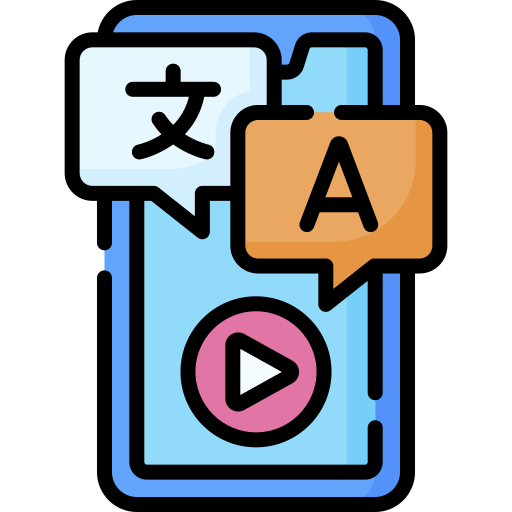
This logo isn't an ad or affiliate link. It's an organization that shares in our mission, and empowered the authors to share their insights in Byte form.
Rumie vets Bytes for compliance with our
Standards.
The organization is responsible for the completeness and reliability of the content.
Learn more
about how Rumie works with partners.
Julia wants to learn English. She signs up for a class — and they tell her she’s in the “A1 level.” Huh? What does that even mean?

They explain it’s the first level in something called the CEFR, a system that helps people know how good they are at a language. A1 means you're just starting out — but there's more to it than that.
So, what can you actually do in English the A1 level? And how can you improve? Let’s find out!
What is the CEFR?
The Common European Framework of Reference for Languages is a popular way to describe language skills and it’s now used all over the world — especially for languages like English.
Other similar frameworks include ACTFL (USA), CLB (Canada), and ILR (USA). It’s not tied to any one test, but most language exams show how their scores match up with CEFR levels.

Did you know?
At the A1 level, learners typically know around 500 words.It's like having your English survival kit ready!
Ok but how?
You'll be evaluated through 4 skills:
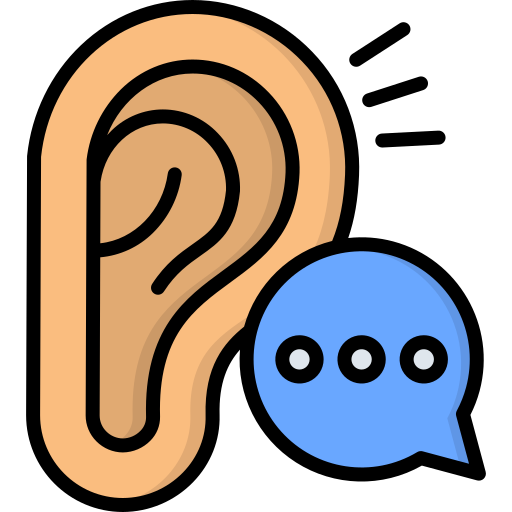
Listening: understand simple words and phrases about yourself, family, and everyday life.

Reading: read short texts and sentences using familiar, everyday vocabulary.
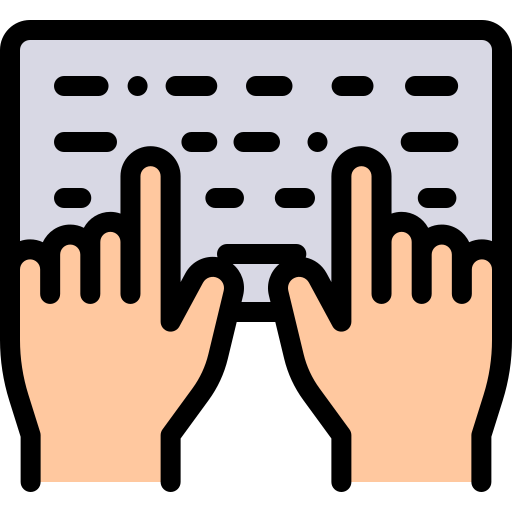
Writing: write short messages like postcards and fill in forms with basic personal information.
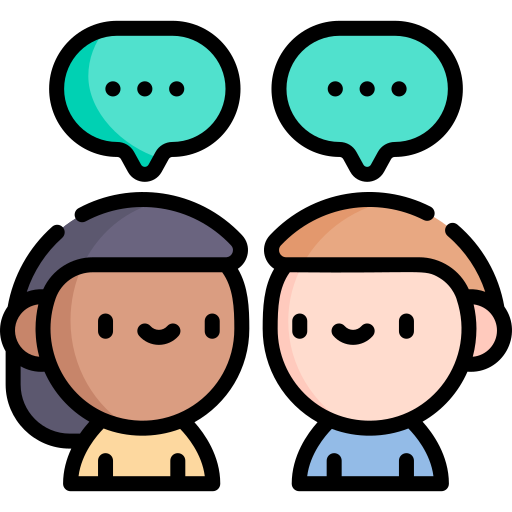
Speaking: Talk about yourself, where you live, and people you know using simple sentences.
What you should study
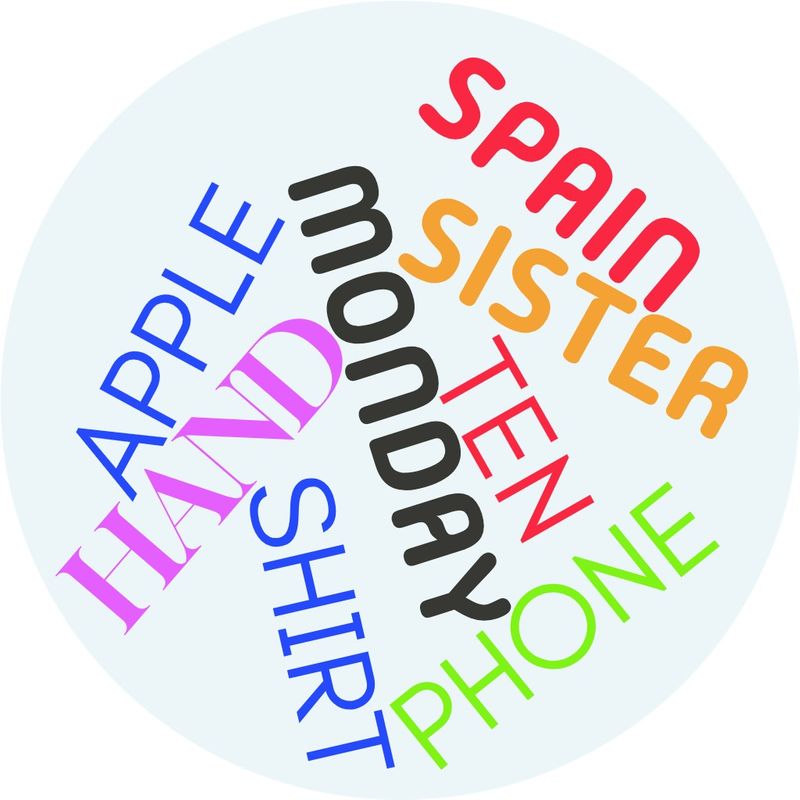


Quiz: What is Julia learning?
Julia is practicing speaking about parts of the body and wants to improve her vocabulary. She can...
A. Describe how the human digestive system works.
B. Simply describing body parts like head, arms, and legs.
C. Use medical terms like “ligament” and “tendon”.
D. Give a presentation about how to stay physically fit.
Quiz
Julia can...
The correct answer is B, talk simply about body parts like head, arms, and legs. The other 3 options (A, C, D) require a more advanced level of English.
Tips that really help

Practice like it’s a real exam. Find sample exams and pretend you're actually taking them. Set a timer and make sure there are no distractions. This helps you learn how to manage time and see what you need to work on.
Create flashcards either on paper or use an app like Quizlet. It's super helpful for remembering vocab and verbs.
Practice speaking with friends and family who speak English.
Read in English. These short stories are a good example.
Listen to English through podcasts or YouTube. Even just 5–10 minutes a day helps your ears get used to the language.
Useful resources for you
Take Action

This Byte has been authored by
Valentina Poiana
Instructional Designer
Master's of Linguistics
